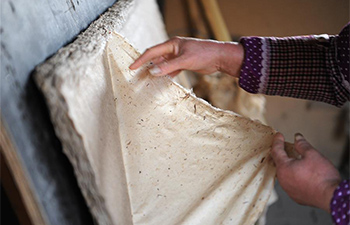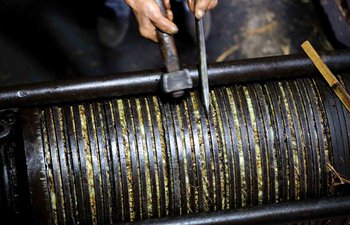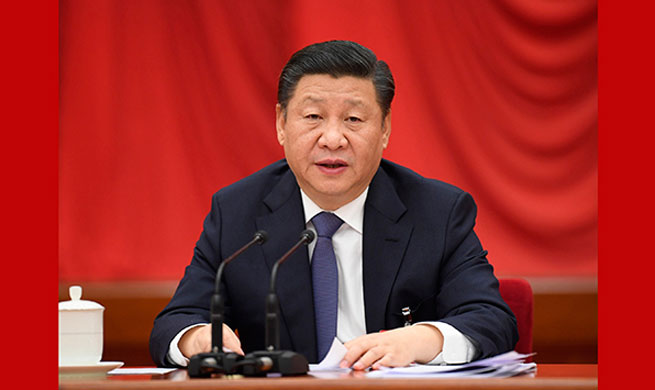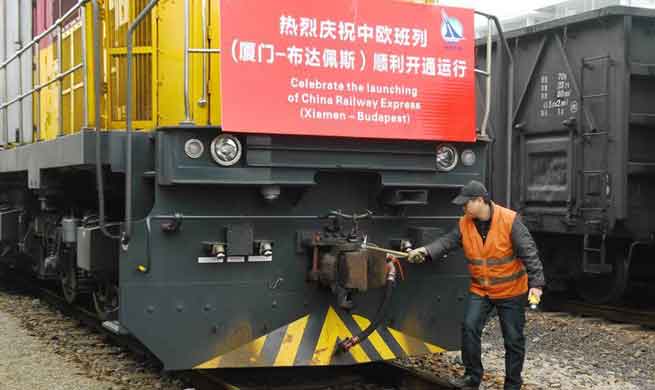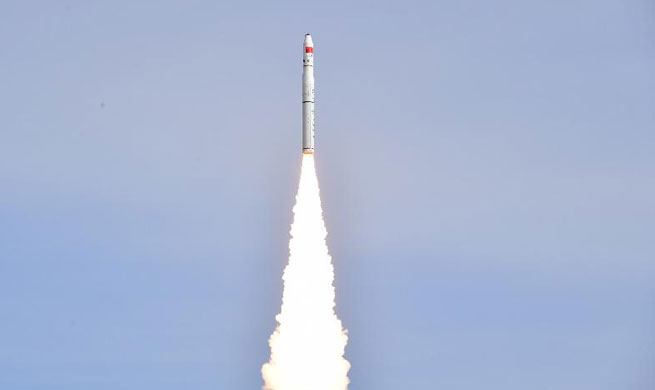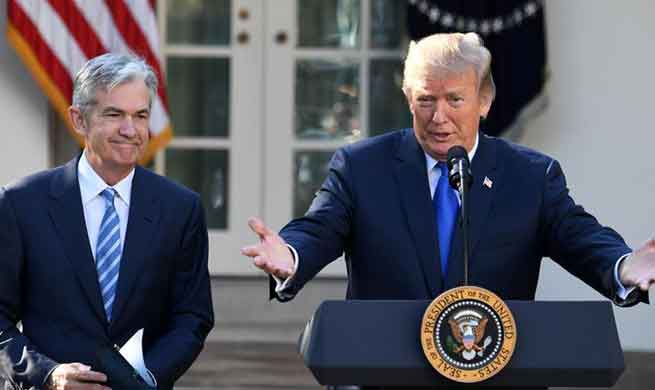CANBERRA, Jan. 19 (Xinhua) -- Australia's Gene Technology Regulator (GTR) Raj Bhula has called for significant changes to laws regulating genetic modification.
Following a 12-month review of current gene modification regulations, Bhula has recommended changes that she said would enable scientists to breed crops that produce a higher yield and crops that are resistant to drought and disease.
Of the proposed changes, the biggest would see new genetic technologies, known as gene editing, no longer considered "genetic modification."
"With gene editing you don't always have to use genetic material from another organism, it is just editing the (existing) material within the organism," Bhula told the Australian Broadcasting Corporation (ABC) on Friday.
"All of our regulatory frameworks and laws have been established based on people putting unrelated genetic material into another organism.
"Whereas this process is just manipulation within the organism and not introducing anything foreign."
Currently, any genetically modified organism (GMO) is heavily regulated.
Bhula said that gene modification has evolved so much since those regulations were put in place that are now out-dated.
For example, she said that newer technologies edit existing genes within an organism to speed up its development rather than supplementing an organism with a foreign gene.
"If these technologies lead to outcomes no different to the processes people have been using for thousands of years, then there is no need to regulate them," she said.
"If there is no risk case to be made when using these new technologies, in terms of impact on the environment and safety for the environment, then there is a case for deregulation."




